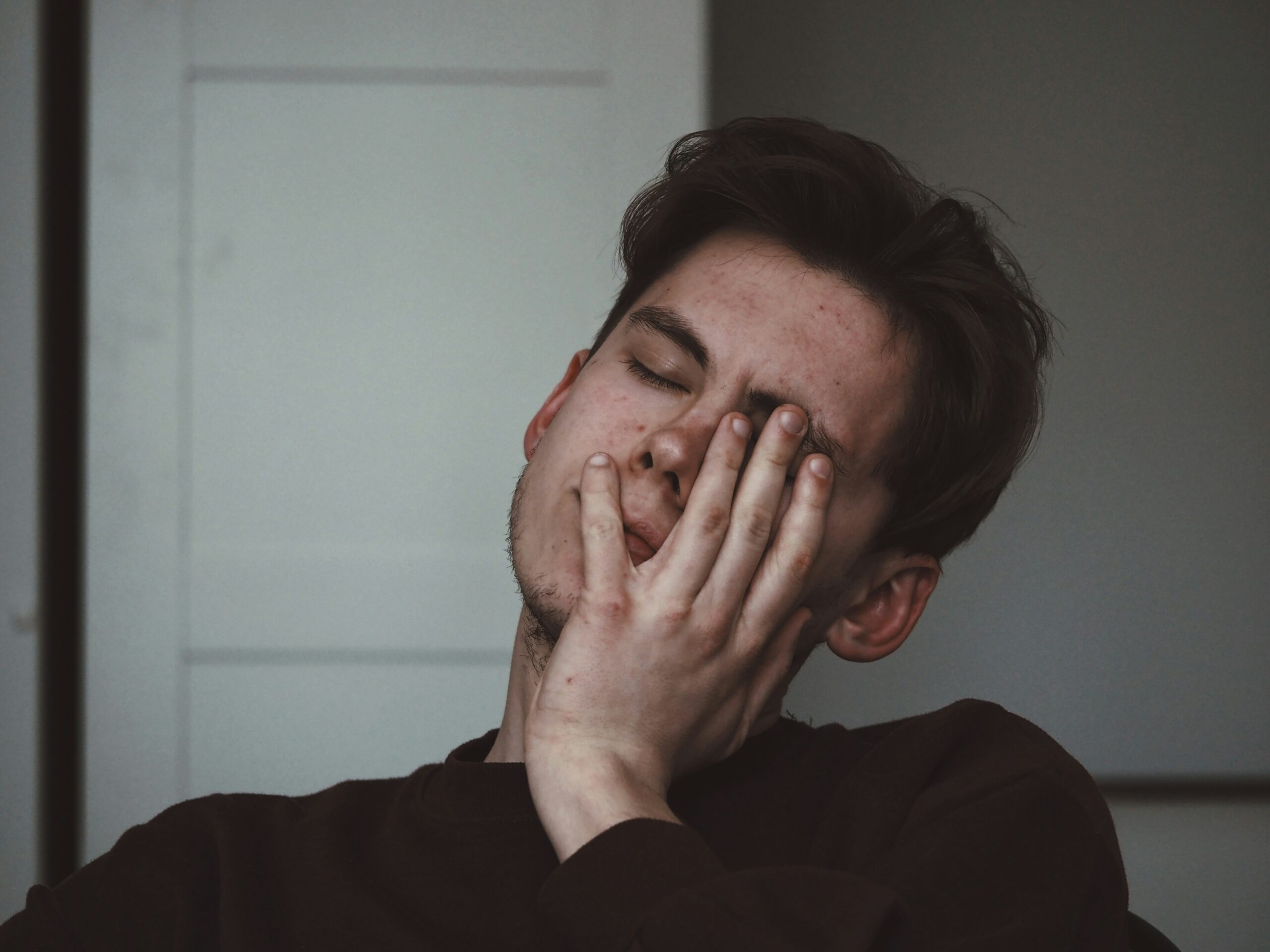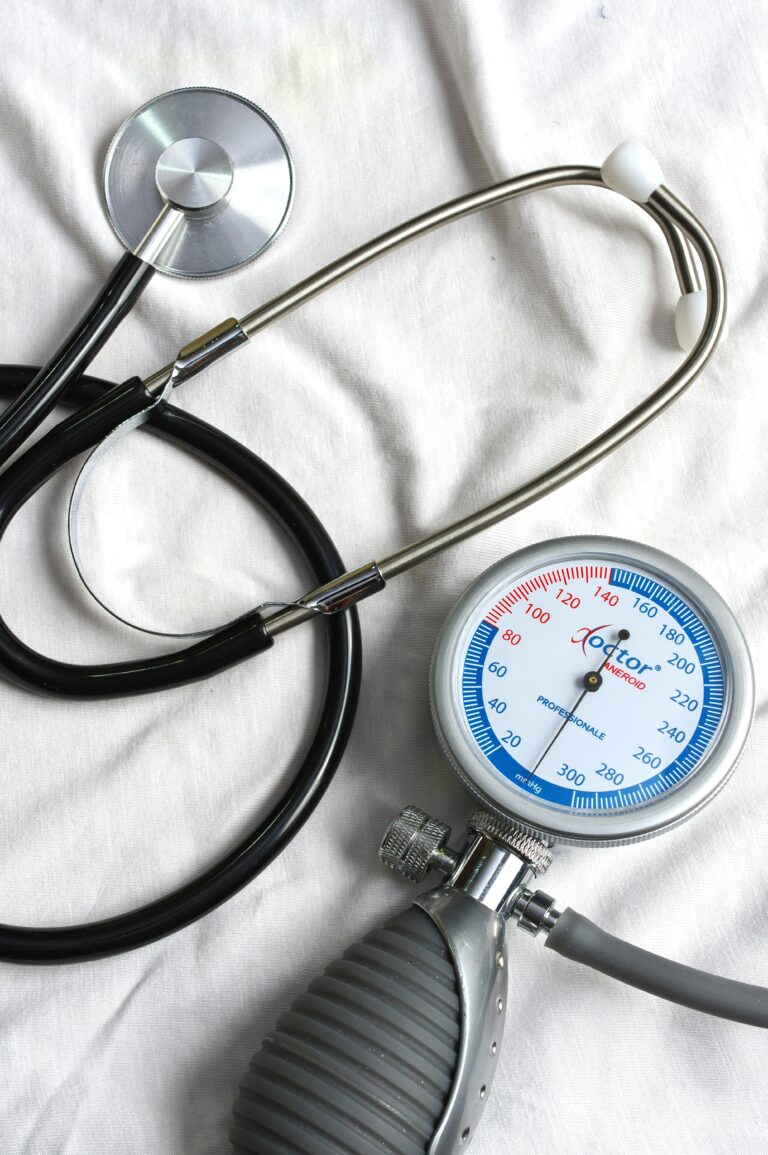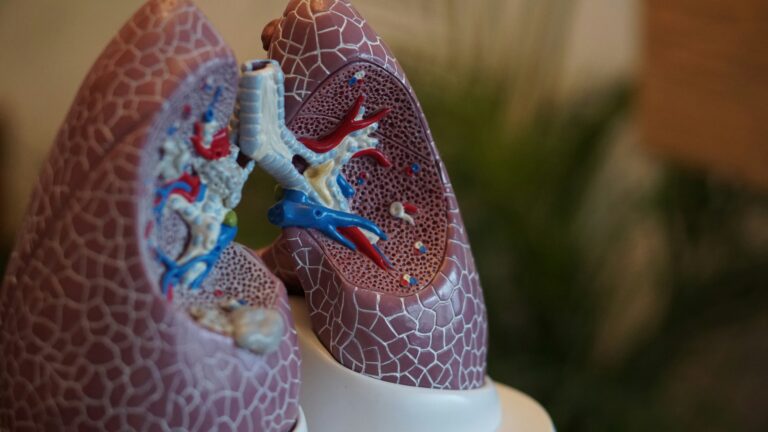Why Do I Feel Tired All the Time Even After Enough Rest? 5 Hidden Reasons Explained
Have you ever wondered, “Why do I feel tired all the time even after enough rest?” Although you’ve had enough 7-9 hours of sleep and a good amount of extra rest. If this is the case, then you’re not alone in this. Most people complain of being tired all the time, even after sleeping, and this feels really frustrating as you can’t muster up your focus to do your necessary chores, but the good news is that there are identifiable reasons behind it that you can catch and resolve, but only if you read this blog till the end.
I’m here to break down the 5 hidden causes of tiredness you shouldn’t ignore, when to see a doctor, and practical steps you can take to regain your energy.
Why Do I Feel Tired All the Time Even After Enough Rest? Is It Normal?
Well, if you say, “Why do I feel tired sometimes even after rest?” it would be a normal scenario, because it’s common to feel tired occasionally. But the real frustration rises when you realize that there is no day you spend feeling all buckled up and energetic, even if you take adequate rest. This can signal something deeper that you need to pay heed to. According to the CDC, one in three adults in the U.S. struggles with poor sleep quality. That means millions of people experience fatigue after rest because their sleep cycles aren’t restorative.
Being tired all the time doesn’t necessarily mean laziness or lack of effort; it’s often your body’s way of saying something isn’t right. The key is to uncover the hidden causes of tiredness before they start affecting your health, mood, and productivity.
5 Hidden Causes of Tiredness You Shouldn’t Ignore
1. Poor Sleep Quality (Even If You Get 8 Hours)
You will wake up drained if your body lacks reaching deep, restorative stages of sleep. You will think that you are technically sleeping enough hours, but in reality, your sleep quality is being compromised.
There is a condition called sleep apnea, where your breath repeatedly stops and starts. Another condition is restless leg syndrome, which causes constant leg movement; these conditions can prevent your body from gaining true rest. Even stress-related insomnia can keep your brain too alert to fully recharge.
According to the Sleep Foundation, sleep disorders like apnea and restless legs are among the most common causes of feeling tired after 8 hours of sleep.
Dr. Michael Breus, Clinical Psychologist & Sleep Specialist, explains, “Even if you’re in bed for eight hours, sleep disorders can reduce restorative sleep stages, leaving you tired.”
Irregular sleeping pattern is mostly common in teens, specially those who are going to academic stress. See how this can impact your physical appearance in my article Excessive Hair Fall at a Young Age? 5 Hidden Reasons No One Talks About.
2. Nutrient Deficiencies and Fatigue After Rest
Another reason behind always feeling tired even after sleeping could be your body signaling a nutrient imbalance. As nutrients play a crucial role in your body’s well-being, deficiencies in iron, Vitamin B12, and Vitamin D can be among the most common culprits. These nutrients play a vital role in carrying oxygen to cells, supporting metabolism, and maintaining energy production.
I’ve put together a list of 5 Powerful Superfoods to Beat Fatigue and Boost Stamina. Read it and thank me later.
According to Harvard Health, even mild deficiencies can lead to extreme fatigue, dizziness, or weakness. So, if you notice pale skin, brain fog, or frequent exhaustion, a blood test might reveal if your diet is the hidden reason for your tiredness.
Balancing your diet in a way that your body gets all the necessary nutrients it needs is an art. If you want to get a guide on how to balance your diet, read our blog on Beginner’s Guide to a Balanced Diet.
3. Stress and Anxiety, Major Reasons for Fatigue After Rest
Stress and anxiety are the most common culprits in every health-related trouble that your body goes through. High stress hormones like cortisol can keep your system in “fight or flight” mode, leaving you restless at night and sluggish during the day. However, anxiety can also trigger racing thoughts, muscle tension, and interrupted sleep cycles, causing your body to feel tired.
So the constant pressure you experience from work, parenting, or finances could be the reason leading to fatigue after rest. Studies from the American Psychological Association show that stress is one of the leading causes of poor sleep quality and daytime tiredness.
Building stress management into your lifestyle, like meditation, light exercise, or a balanced diet can go a long way.
Want a guide on stress management? Read our article on ”How to Manage Stress for Better Physical Health”
Some people get anxiety as they lie down to sleep at night, know the reason behind it in my article, Why Anxiety Gets Worse at Night: Understanding the Nighttime Spike.
4. Medical Conditions Behind Being Tired All the Time
Sometimes, we don’t realize what our body is going through until we have some unexplained symptoms. Hidden causes of tiredness can be linked to some underlying medical issues that need to be treated right away.
Common conditions include:
- Hypothyroidism (an underactive thyroid, slowing your metabolism)
- Diabetes (blood sugar fluctuations draining energy)
- Heart disease (reduced oxygen supply to the body)
If your tiredness is persistent, unexplained, and comes with other symptoms like weight changes, mood swings, or shortness of breath, it’s time to pay your doctor a visit to check out these possibilities.
The Mayo Clinic emphasizes that ongoing fatigue should never be ignored, as it could be the body’s early warning system.
5. Lifestyle Factors That Make You Always Tired Even After Sleeping
Another reason behind constant fatigue can be your daily habits, which are quietly affecting your energy levels. Too much caffeine in the afternoon can interfere with sleep quality, while alcohol disrupts REM sleep, the most restorative stage.
Irregular sleeping patterns or bedtimes, constant screentime before bed, and lack of physical activity can affect your energy levels. Certain lifestyle changes and reevaluating your daily routine can help you cope with the exhaustion you face most of the time.
Dr. Shelby Harris, Sleep Medicine Specialist, says, “Good sleep hygiene is one of the simplest yet most effective ways to improve daytime energy.”
When to See a Doctor About Being Tired All the Time
While lifestyle changes help many people, there are times when a medical evaluation is necessary. Seek help if:
- Your fatigue lasts longer than 2–3 weeks.
- You experience chest pain, shortness of breath, or dizziness.
- Fatigue affects your work, studies, or relationships.
The Mayo Clinic recommends talking to your doctor to rule out underlying conditions early.
The CDC warns that chronic sleep deprivation and persistent fatigue can increase the risk of serious health conditions like heart disease, obesity, and diabetes.
How to Regain Energy and Beat Fatigue
The good news is that you’re not powerless against tiredness. Even if you’ve always been feeling tired even after sleeping, small lifestyle adjustments can help restore your energy levels over time. Let’s have a look at some expert-backed strategies:
1. Stick to a Consistent Sleep Schedule
Your sleeping schedule should be consistent. Going to bed and waking up at the same time every day trains your body’s internal clock, known as the circadian rhythm. This improves sleep quality and reduces morning fatigue.
Dr. Shelby Harris, Sleep Medicine Specialist, says, “Irregular sleep-wake times confuse the brain and can lead to insomnia-like symptoms. Consistency is key to restorative rest.”
2. Stay Hydrated Throughout the Day
Even mild dehydration can cause fatigue, headaches, and poor concentration. Aim for at least 6–8 glasses daily.
Dr. John Higgins, Sports Cardiologist at McGovern Medical School, explains, “Many people mistake dehydration for tiredness. Simply drinking more water can significantly improve alertness.”
3. Eat a Balanced Diet Rich in Energy-Supporting Nutrients
Balancing your diet has an amazing impact on your energy levels.
Harvard Medical School notes, “A poor diet high in processed foods and sugar is a common but overlooked cause of daytime fatigue.”
4. Get Regular Exercise (Even Gentle Movement Counts)
Activities like walking, yoga, or light cardio increase circulation, release endorphins, and promote better sleep at night.
Dr. Robert S. Rosenberg, Board-Certified Sleep Medicine Specialist, points out, “Even 20 minutes of daily movement can boost energy and improve sleep quality.”
5. Practice Stress Management Techniques
Chronic stress is one of the biggest hidden causes of tiredness. You can practice relaxation techniques like deep breathing, journaling, or mindfulness meditation to calm the nervous system.
Dr. Herbert Benson, Founder of the Benson-Henry Institute for Mind Body Medicine at Harvard, explains, “Stress management isn’t optional—it’s an essential part of energy management.”
Final Thoughts on Why You’re Always Tired Even After Sleeping
While constantly wondering, “Why do I feel tired all the time even after enough rest?”, there comes a thought when you want to cope with this exhaustion. Remember that there’s usually a reason behind every unusual health condition you go through, and often, a solution does exist. From nutrient deficiencies to hidden medical conditions, understanding the root cause is the first step towards dealing with fatigue, even after enough rest.
Incorporating the right balance of lifestyle changes, stress management, and medical support when needed, you can wake up truly refreshed and active.
Want more science-backed tips on sleep, health, and wellness? Explore our latest guides at Healnology and take the first step toward a healthier life.
💬 Have you struggled with fatigue after rest? Share your experience in the comments. I’d love to hear your story.



